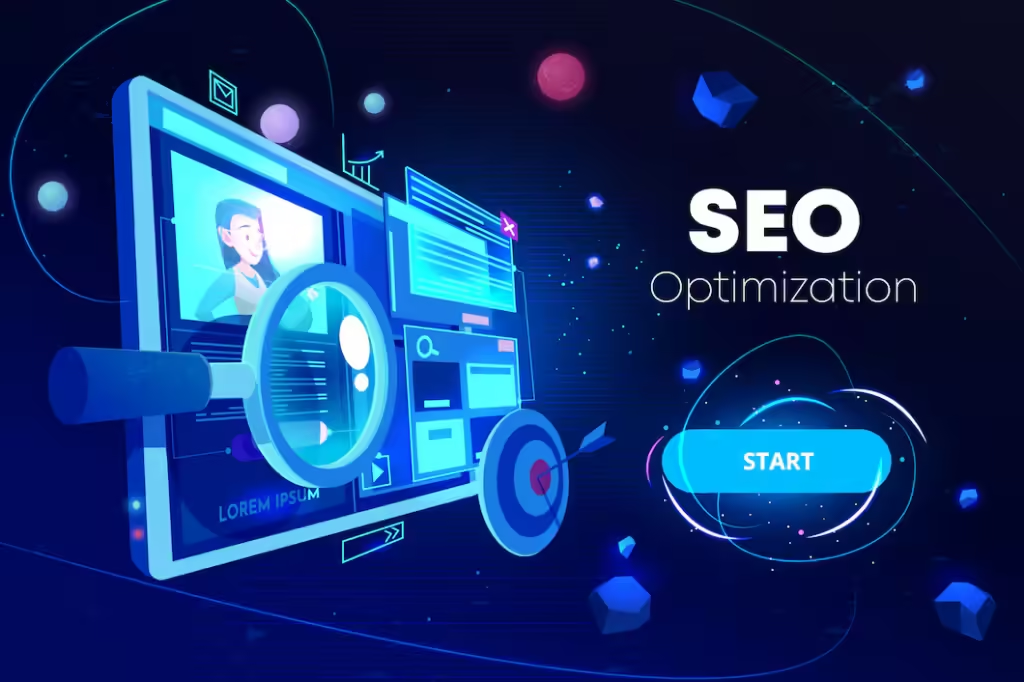
What is Onpage SEO ?
On-page SEO is the set of practices and techniques that optimize individual web pages to rank higher in search results. It is done through optimizing page titles, meta descriptions, headers, URL structures, and images. On-page SEO ensures the relevance, keyword richness, and user-friendliness of content besides speeding up page load and mobile responsiveness. That has to do with internal linking, which further structures content and helps a search engine better crawl the site. Overall, successful onpage SEO relates to such factors as having quality visibility, enhancing organic traffic drive, and thus better general user experience.
1. AI-Driven Content Optimization
AI tools like GPT-3 and other machine learning algorithms are changing the face of content creation for onpage SEO. Analysis of huge data helps AI create great, engaging content which works according to user intent and keyword targeting. Also, AI can suggest some optimization in headings, meta description, and internal linking. Therefore, AI-generated content not only ensures the technical aspect of onpage SEO but also the user-experience aspect. This further helps sites rank higher for competitive keywords while offering more relevant and personalized content to visitors.
2. Mobile-First Indexing and Onpage SEO
This change from Google on mobile-first indexing basically means that the mobile version of any website is considered first when ranking. It means onpage SEO now requires mobile responsiveness, quick page loading, and easier navigation for mobiles. All such websites that load up slowly or do not respond well to mobile devices would be ranked lower. Thus, mobile optimization of your site-full responsive design, fast page loading, and easy to read content-is critical in improving your on-page SEO performance and keeping ahead in the search results.
3. Search Intent and Content Optimization
Search intent is the reason behind a user’s query. It has now become very important for onpage SEO. Knowing whether it is informational, navigational, or transactional helps to adjust the content that can answer the user’s needs directly. While an informational query may need a well-researched blog post with tons of information, a transactional query would require having a product page with clear CTAs. Content strategy will improve the user experience on websites, hence a better chance of ranking in search results. It is the reason why content strategy and user-centric optimization are trendy these days.
